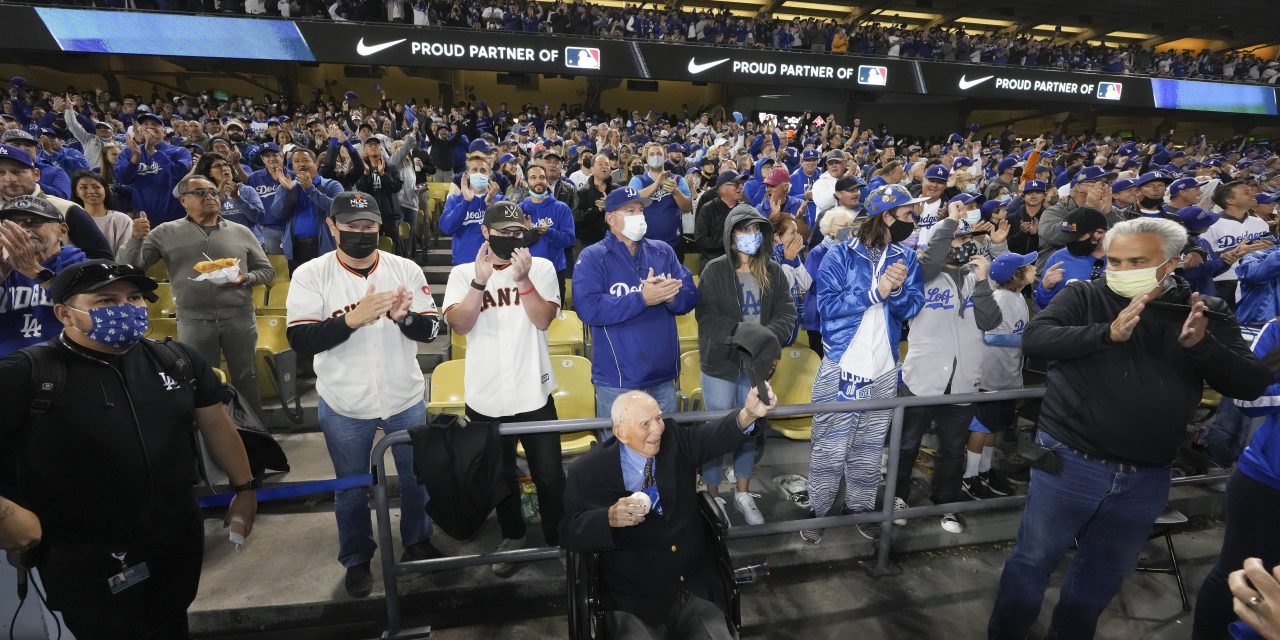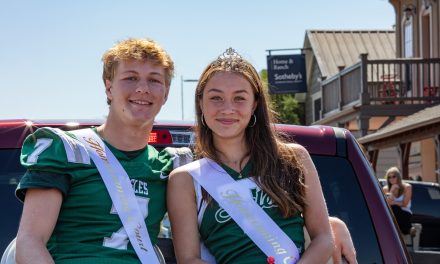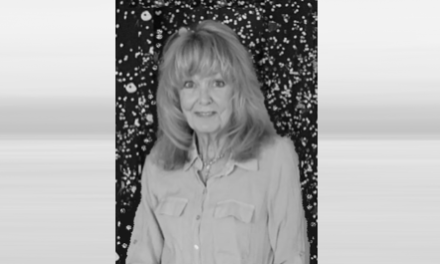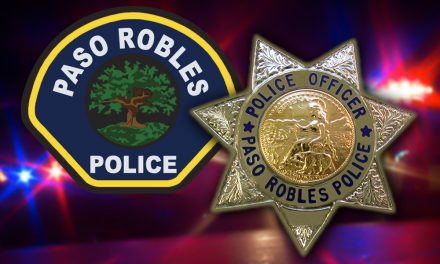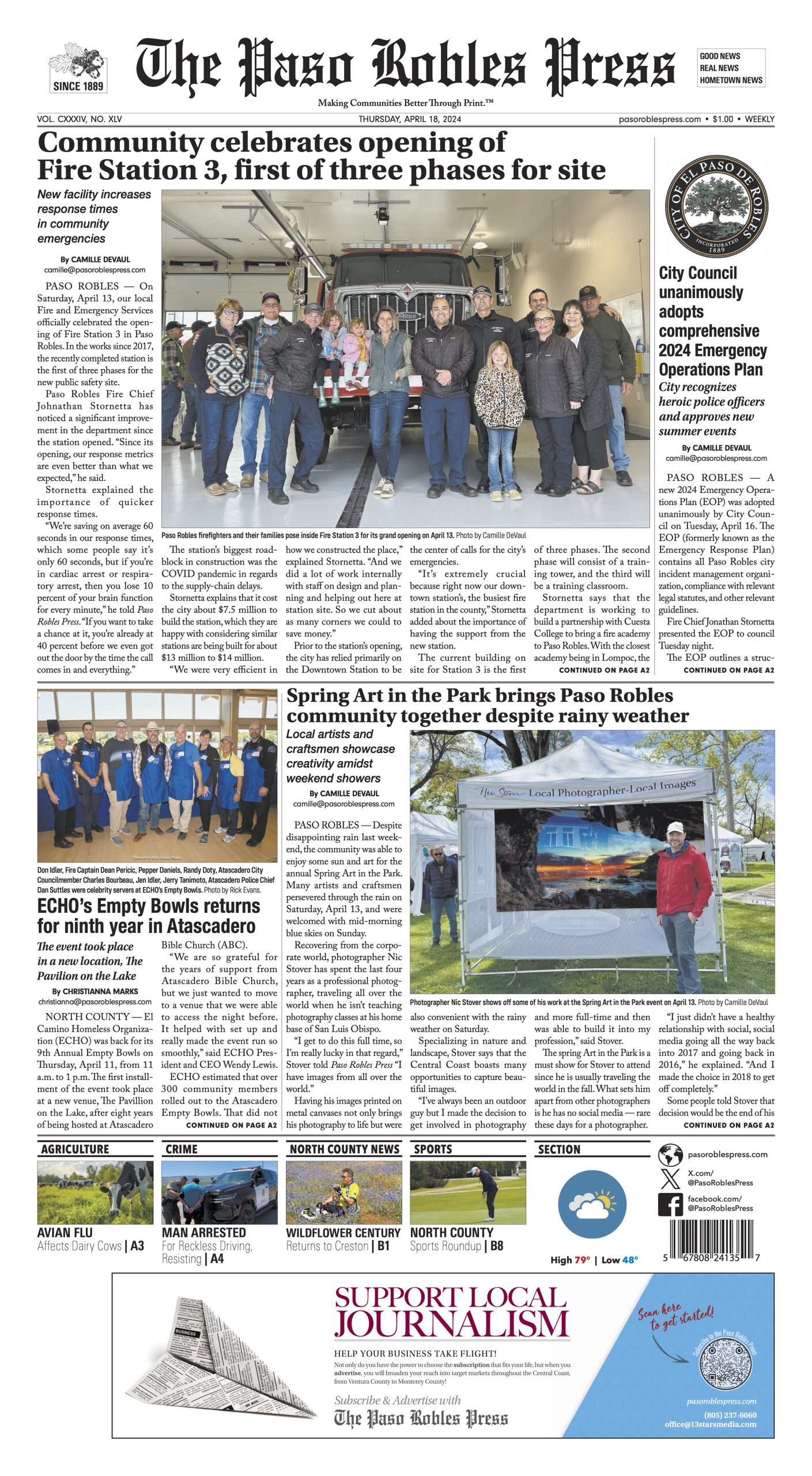Barba passed on Dec. 24 on his 81st wedding anniversary
SANTA MARGARITA — Beloved Santa Margarita resident and World War II Veteran Henry Barba passed away on Dec. 24 at the age of 108. It was his 81st wedding anniversary with his late wife, Jesse.
Barba was born on Oct. 19, 1913, in a home that still stands in Santa Margarita. But for the first two weeks of his life, he was known as Everett until his mother changed her mind.
Barba’s parents were Mauricio Barba of San Luis Obispo and Catherine Walters of Arroyo Grande. The two married and built their home in Santa Margarita on five acres in 1900. Henry Barba was one of seven surviving children. His parents buried six children, including Henry’s twin sister Henrietta who died during infancy.
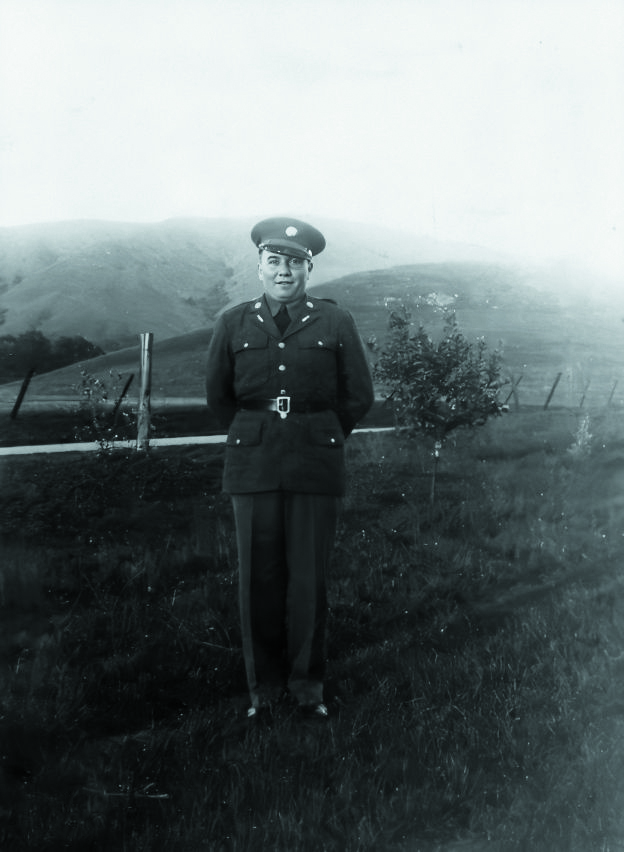
Like most in the area at the time, Barba grew up farming and ranching. As a young child, Barba worked on the Santa Margarita Ranch. He helped Freddy Higuera (yes, the same family as Higuera Street in SLO) put leather collars on the 10 and 20 mule teams, which pulled the harvesters. And in 1936, Barba, his cousin Juaquin Miller and a friend filled a large barn (also still standing) to the top with hay. That’s a successful hay season!
Barba met his future wife, Jesse Hampton, when they were kids. Jesse’s family owned a large ranch near the Riconada Mine. Being six years Jesse’s senior, Barba would joke with her brother that one day he would marry Jesse, take over the family ranch, and throw the rest of the family off it! Barba did end up marrying Jesse, but instead of taking the family ranch, they had one child together, a son named Raymond Barba, born Dec. 14, 1941.
Henry Barba comes from a long line of military men, going back as early as the Civil War. Many died in action and are buried in many Central Coast Cemeteries. And in 1940, it was Barba’s turn to follow in the footsteps of the men before him. He was drafted into the U.S. Army. When he heard he was drafted, it was no surprise. All he thought was, “Well, this is it.”

Then Barba headed to basic training at Camp McQuaid in Watsonville. He was assigned to the 250th Coast Artillery Battery G, also known as the Glamour Boys, and off he went to Kodiak Island, Alaska. Despite the cold, life in Kodiak wasn’t so bad. The troops lived in tents, but coffee was always hot, and they got three square meals a day. Barba, who came from poverty, was lucky to get one, sometimes two meals a day. His family didn’t take assistance or food stamps. So for someone who came from hardships like that, camp life wasn’t so bad.
In 1941 it was declared that anyone ages 29 and older was to be sent back to Seattle and discharged. Barba just missed the cut being 28 years old at the time. It turned out it didn’t matter anyway because then, on Dec. 7, 1941, Pearl Harbor was bombed.
The boat turned around and headed back for Kodiak Island. One of Barba’s duties was the spotlight. At night he would scan for enemy aircraft or their artillery. The only thing was if he did spot an enemy, all anyone had were wooden guns! The island had no cannons either. Just wood phone poles made to look like guns and decoy airplanes. There were only five rifles on the entire island.
When the war finally ended in Europe, Barba felt happy and proud. When the war ended in the Pacific, where his brothers and friends were stationed, he was elated.
Barba and many others who were in the military at the time knew Japan was ready to fight for ten years on their homefront. According to Barba, the U.S. anticipated so many deaths in the Pacific and had so many Purple Heart medals made that they are still giving out medals from the same batch made in WWII. He was one of the oldest living WWII veterans in California.
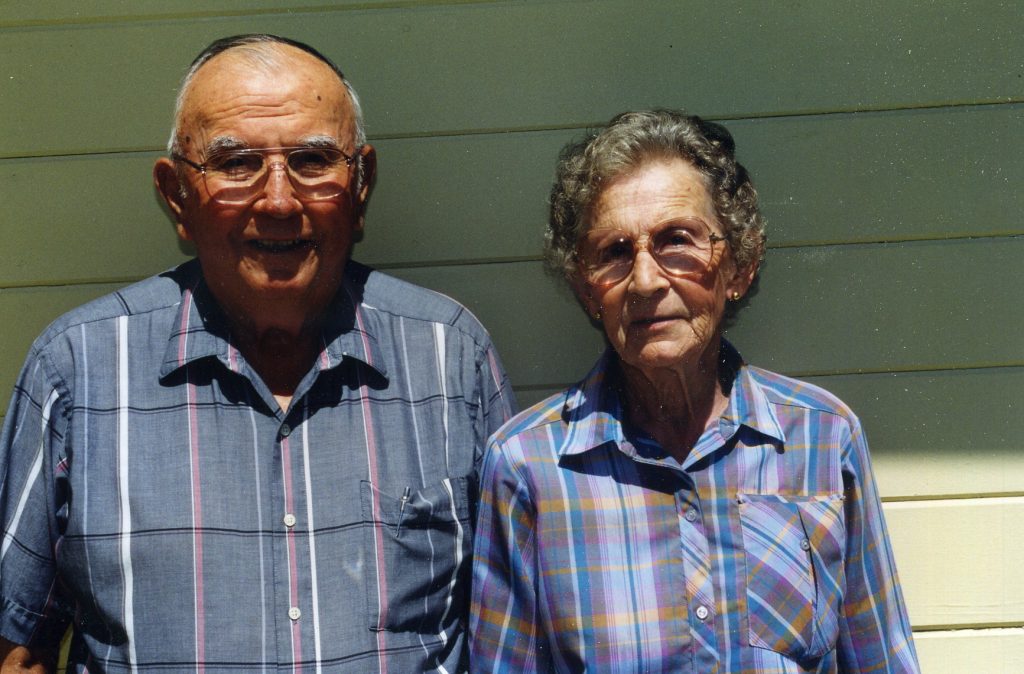
One of Barba’s greatest loves was baseball, specifically the Dodgers. He began listening to Dodger games on the radio when they were based in Brooklyn (1884-1957). And on Oct. 11, 2021, he was honored at the Dodger game in Los Angeles. Barba was able to sit between home plate and third base. He even brought his childhood leather baseball glove, just in case he needed it.
Henry Barba lived through the Spanish Flu, the prohibition, the Great Depression, World War II, the fantastic 50s, the assassination of John F. Kennedy, the takeover of technology, and fast times. He lived through the turn of a century, the terrorist attack on 9/11, another recession, and a second pandemic.
He will be greatly missed throughout the community, mowing his lawn and singing “Take Me Out to the Ball Game.”
Memorial services will be announced at a later date.

